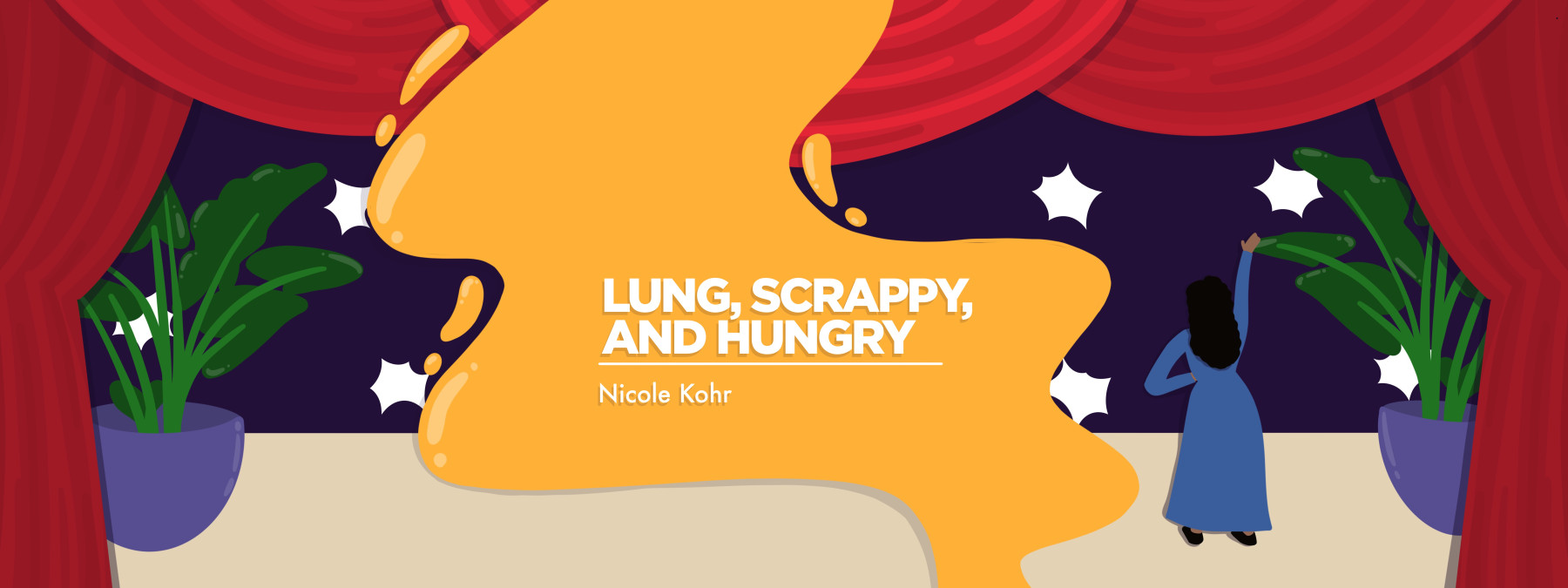The Importance of Support Systems When Managing Chronic Illness

I recently discovered “Diana: The Musical,” which follows Princess Diana and Prince Charles through their short-lived relationship. Much like Diana herself, the show is severely underappreciated. I identified with Diana immediately, especially the pressure to keep up with enormous responsibility.
I receive a lot of praise for my resilience and the battles that I’ve overcome with cystic fibrosis (CF). My answer to the question “How do you do it all?” is simple: If I don’t keep up with my treatments, I’ll die. More importantly, I have the gold star of support systems to hold my hand.
With that said, following is my breakdown of the support systems every patient needs.
The sympathetic
According to the musical, Diana’s older sister knows her better than anyone. She’s a “ride or die” type. I call this the sympathetic role because they’re often the only person who will listen and validate feelings.
In my life, this role is filled by my mom, Patty. She’s a shoulder to cry on and, at times, my sole cheerleader. She is publicly proud of me and encourages me to be unapologetically myself. Whenever a doctor neglects to listen to me as I explain my symptoms, my mother expends her energy to spare mine. Whenever I feel down, she knows exactly what to say to trigger emotional resilience. In short, she’s like a comforting baby blanket that I carry close to my heart.
The powerhouse
Princess Diana’s bodyguard, Paul, is her powerhouse. He’s strong, protective, and gives Diana the strength she needs to seek vengeance where appropriate. In my life, this role is played by my husband, Jared.
The powerhouse reminds you how strong you are. I tend to overbook myself, such as when I’m advocating for the CF community. Jared will find me in the kitchen overwhelmed, clinging to my organizer and a carbon dioxide-filled paper bag. Sometimes I need an aggressive reminder that I’ve kicked butt in the past, and that I can do it again.
“Why are you crying?” he’ll ask as he hugs me from behind. “You literally planned our wedding while you were dying. You can do this event with your eyes closed.”
The community
The people of Wales were introduced to Diana shortly after her wedding to Charles. Wales fell in love and identified with Diana immediately.
For me, this role is played by the chronic illness community. We were estranged for some time. I didn’t publicize my cystic fibrosis until age 26, so I missed out on some amazing moments. I’m still making up for lost time by friending people on social media and volunteering with the Cystic Fibrosis Foundation.
The patients in my community have walked in my shoes. Meaning, they understand what it’s like to be given a death date, to reside in the hospital, and to thrive on hope and antibiotics. The advocates understand my lifestyle and how much I want CF to stand for “cure found.” They’re a network of like-minded individuals who are always rooting for me.
The care team
Diana had a different relationship with her care team than I do. Her battle with postpartum depression along with her rocky marriage resulted in serious mental health issues. She was hospitalized on and off.
I too have been hospitalized for long periods, because my lungs, among other organs, required routine maintenance. My bond with my care team, however, is sacred. They decide how I will battle long-term issues like antibiotic resistance. Without them, I would not successfully overcome my ongoing battle with CF. It’s crucial that our bond be healthy, flexible, and transparent.
In Act 2 of “Diana,” the leading lady is given the gold star of pep talks by Paul. The song, titled “The Dress,” leads up to the reveal of Diana’s famous black revenge dress. I consider this song the anthem of support systems because, while the lyrics take a provocative turn, it sends a clear message about confidence gained through support systems.
The benefits of a good support system are unmatched. They provide emotional support during bouts of anxiety and depression, check in and remind you of your resilience, and provide healthy distractions. They’re people you can rely on when you’re in a tough situation, and I find myself in tough situations often. Although my strength is personified as hopeful stories instead of a revenge dress, Paul’s lyrics still apply:
“What can a princess do when her prince takes to the air/ And tells his gobsmacked subjects he’s had a love affair?/ She could moan on her throne, and sob and say ‘boo-hoo,’/ Or find a frock designed to shock, designed to say ‘f*** you!'”
Note: Cystic Fibrosis News Today is strictly a news and information website about the disease. It does not provide medical advice, diagnosis, or treatment. This content is not intended to be a substitute for professional medical advice, diagnosis, or treatment. Always seek the advice of your physician or other qualified health provider with any questions you may have regarding a medical condition. Never disregard professional medical advice or delay in seeking it because of something you have read on this website. The opinions expressed in this column are not those of Cystic Fibrosis News Today or its parent company, Bionews, and are intended to spark discussion about issues pertaining to cystic fibrosis.









Leave a comment
Fill in the required fields to post. Your email address will not be published.